AMPICILLIN - INJECTION
PHONETIC PRONUNCIATION: (AM-pi-SIL-in)
COMMON BRAND NAME(S): Omnipen-N
GENERIC NAME(S): ampicillin sodium
Uses
USES: Ampicillin is used to treat a wide variety of bacterial infections. It is a penicillin-type antibiotic. It works by stopping the growth of bacteria. This antibiotic treats only bacterial infections. It will not work for viral infections (such as common cold, flu). Using any antibiotic when it is not needed can cause it to not work for future infections.
How to use AMPICILLIN - INJECTION
HOW TO USE: This medication is given by injection into a vein (intravenously-IV) or into a muscle (intramuscularly-IM) by a healthcare professional as directed by your doctor. If you are giving the injection yourself, learn all preparation and usage instructions from your healthcare professional. Follow all instructions for proper mixing and dilution with the correct IV fluids. Direct injections into the vein should be done slowly (over at least 10-15 minutes) to avoid the risk of seizures. If you have questions regarding the use of this medication, consult your pharmacist. Before using this product, check it visually for particles or discoloration. If either is present, do not use this product. Learn how to store and discard needles and medical supplies safely. Consult your pharmacist for more details. The dosage is based on your medical condition, response to therapy, and weight. For the best effect, use this antibiotic at evenly spaced times. To help you remember, use this medication at the same time(s) every day. Continue to use this medication until the full-prescribed amount is finished even if symptoms disappear after a few days. Stopping the medication too early may allow bacteria to continue to grow, which may result in a relapse of the infection. Inform your doctor if your condition persists or worsens.
Side Effects
Precautions
Interactions
Overdose
Images
Reviews
Disclaimer
IMPORTANT: HOW TO USE THIS INFORMATION: This is a summary and does NOT have all possible information about this product. This information does not assure that this product is safe, effective, or appropriate for you. This information is not individual medical advice and does not substitute for the advice of your health care professional. Always ask your health care professional for complete information about this product and your specific health needs.
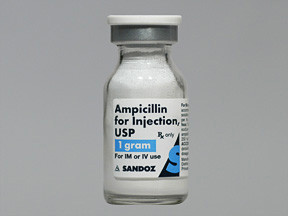
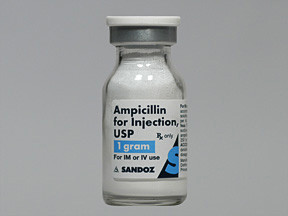
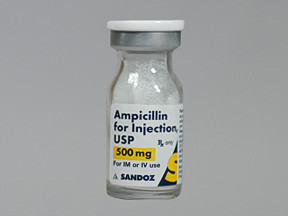
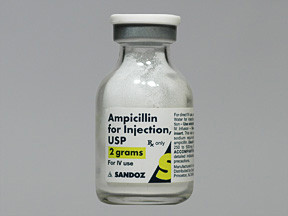
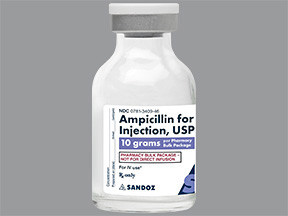
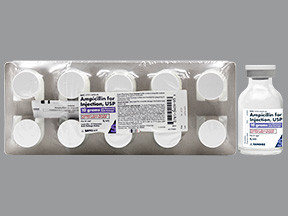
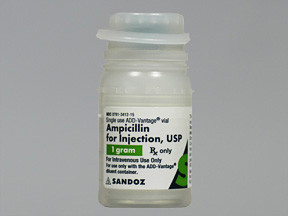

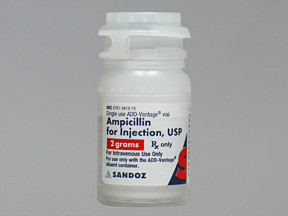
No Reviews Yet